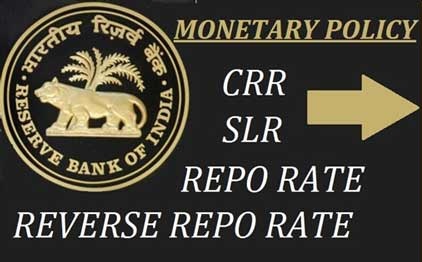

RBI, Monetary Policy & Inflation
In its latest policy review, the RBI expectedly maintained status quo and left key lending rates unchanged. It was expected because of two main reasons: retail inflation shot to a nine-month high in June and although the RBI has cut repo rates ( rates at which it provides short term funds to banks) by 75 basis points since January this year, the banks have passed on only 30 basis points to the end consumer. The RBI was clear in saying that further rate reduction depends on how inflation pans out and how commercial banks pass on rate reduction to consumers.By Sunil Garodia
First publised on 2015-09-25 11:23:00
But as a belligerent government wishes to bring down interest rates despite inflationary pressure, there is little the RBI would be able to do in future if the latest revised financial code put up by the finance ministry is anything to go by. The code seeks to take away the veto power the RBI governor has in matters of setting lending rates. Even before this policy review, there were indications from the ministry that the time was ripe for another rate cut.
Although the RBI governor Raghuram Rajan has been quoted as saying that he isnââ¬â¢t opposed to the idea of taking away of the veto power, this clearly goes against the recommendation of the Financial Sector Legislative Reforms Commission (FSLRC), which had advised for the same ââ¬Åin exceptional circumstances.ââ¬Â It is also incongruous to have a body that is saddled with containing inflation but whose chief does not have a say in the amount of money that is to float in the economy.
Rajan pointed out that a committee formed to take monetary policy decisions would bring in different view-points, will reduce the pressure on one individual and would ensure continuity (as it would be reconstituted even if one member exits). But one is certain that the RBI has internal committees to take these decisions. The point is that if the RBI governor feels that inflation would be jacked up if rates are reduced or more money is injected in the economy at a particular point of time, he should have the right to refuse taking such a decision. If not, he should not be responsible for containing inflation.











